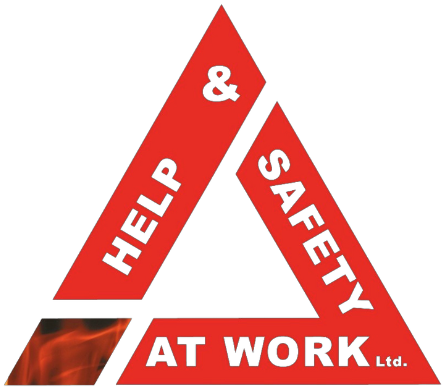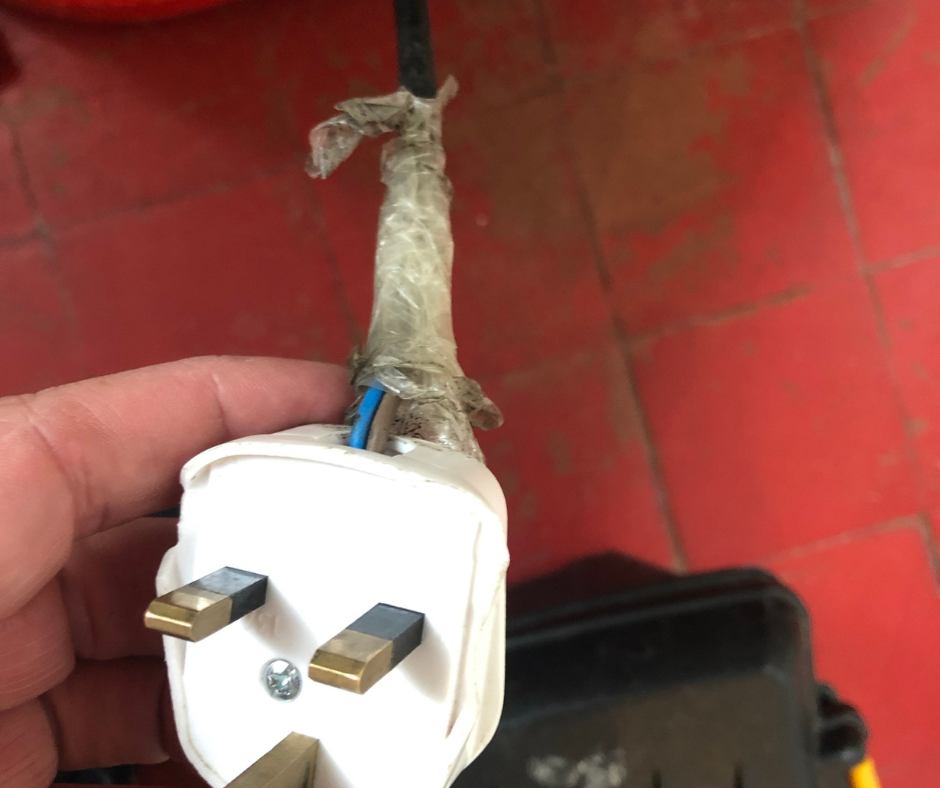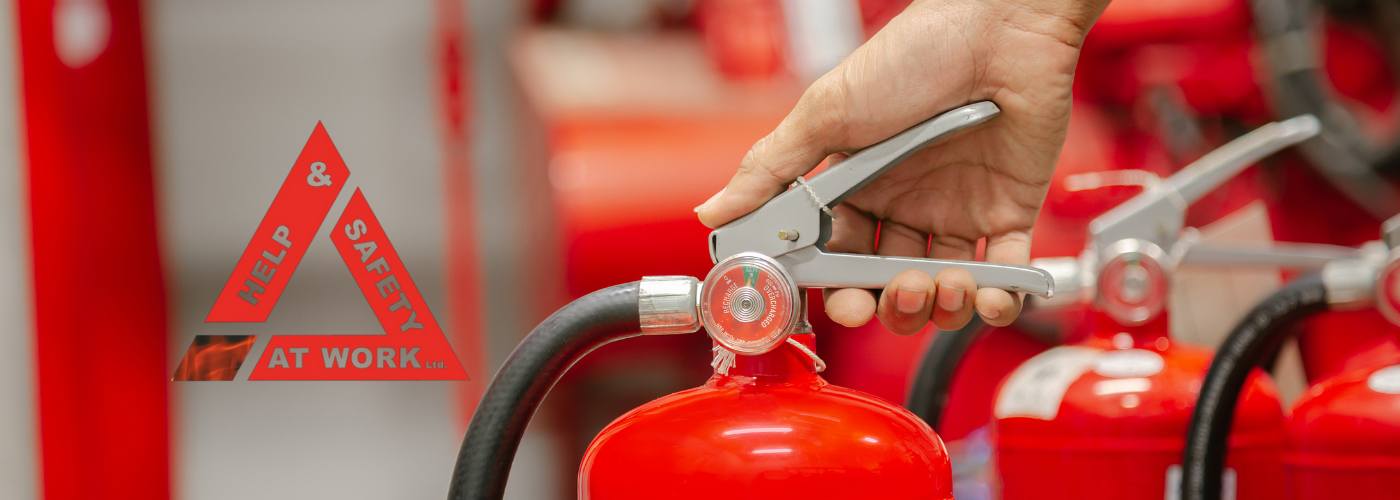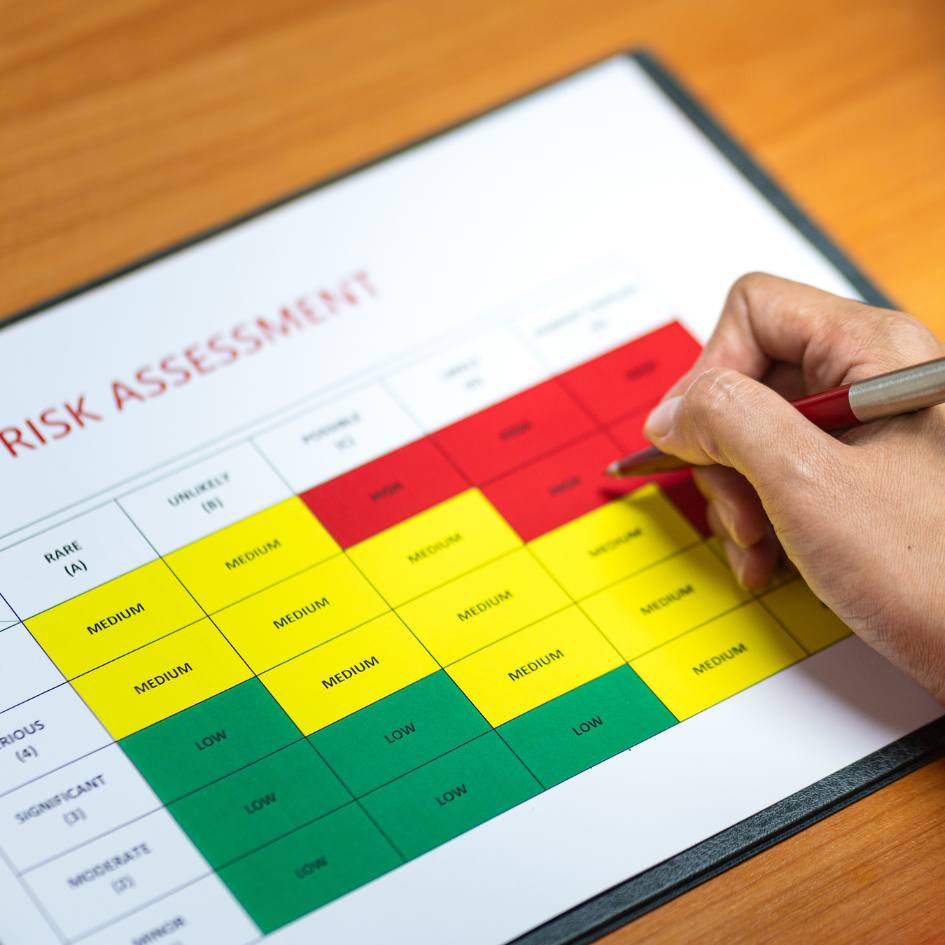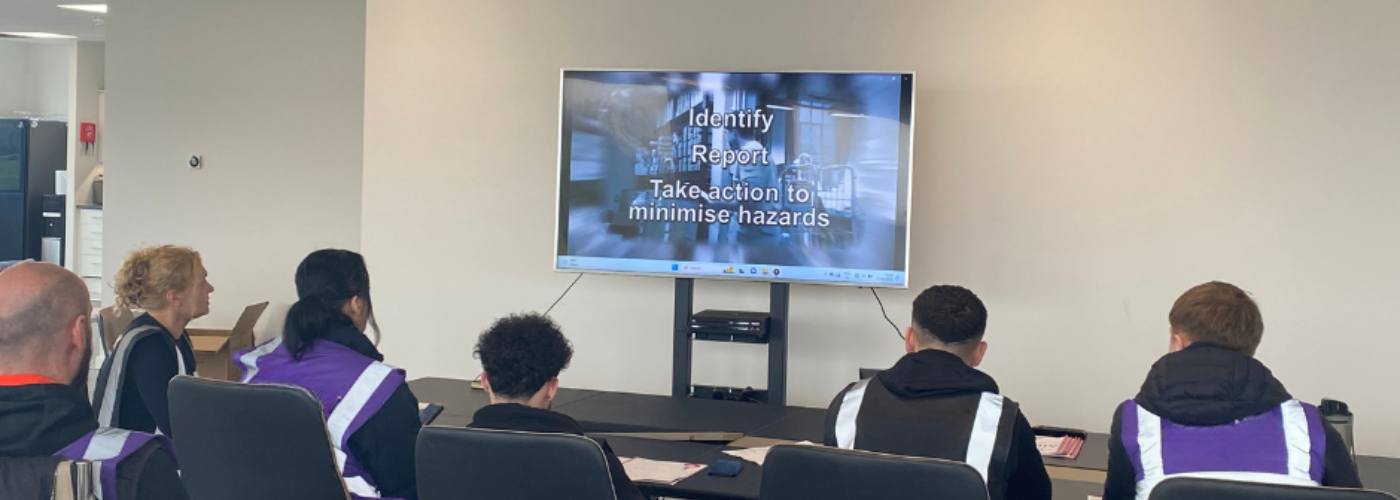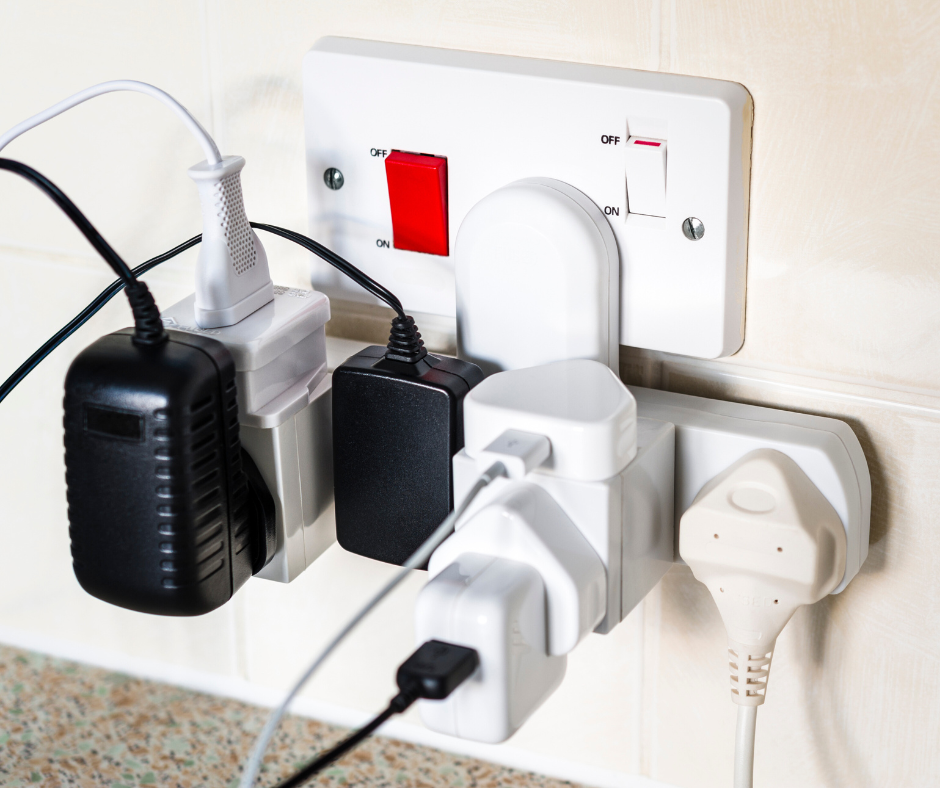

The Hidden Dangers of electrical fires
In our digitally driven time we use electricity in every corner of our lives with cars, computers, cooking appliances and mobile phones, the British plug and socket stand as an essential for our convenience. However with this comes the potential dangers of electrical fires.
Understanding the British socket.
British plug sockets and extension leads are equppied with remarkable safety features, they are designed to mitigate the risk of electrical mishaps, particularly for children.
Safety Shutter: These shutters prevent foreign objects from being inserted into the live socket, reducing the risk of electric shocks.
Plug Pin Insulation: an extra layer of protection comes from the insulation on the plug pins.
Extension Leads
Yes, extension leads add convenience but they also introduce potential hazards. Extension leads come with a predetermined amperage rating, of 10 to 13 amps. Exceeding this threshold can lead to overheating and fires.
This is a far too common occurrence, cramming many plugs into an extension lead exceeding the amperage of the extension lead.
A typical extension lead has 4 slots for plugs but this does not mean you should fill all 4 slots.
A kettle on its own will fill the amperage of an extension lead so nothing else should be plugged into it.
A toaster will only use 8 amps so other appliances may be plugged into the extension too.
A typical hair dryer and straightener combination will only use 11 amps so a 13amp extension lead will be fine.
In an office – a PC, with 2 monitors and a printer on a 4 socketed extension only draws around 4-5 amps.
Ratings of commonly used appliances
Laptop <0.5
Mobile phone charger <0.5
Electric blanket Up to 1.3
Freezer 0.75
Fridge Freezer (Standard) 1.5
Kettle Up to 13
Printer <0.5
Radio <0.5
Radiator or Fan Heater Up to 13
Hair dryer 10.0
Hair straighteners <0.5
Computer monitor <0.5
Desktop computer 1.3
Games console 0.86
Washing machine 10
Toaster (4 Slice) 9.0
Toaster (2 Slice) 4.0
Dishwasher 10.0
Iron 13
Wi-Fi router <0.5
"Daisy Chaining"
Daisy chaining is when you link one extension lead to another. This is never a good idea. You should never “daisy-chain” extension leads together.
